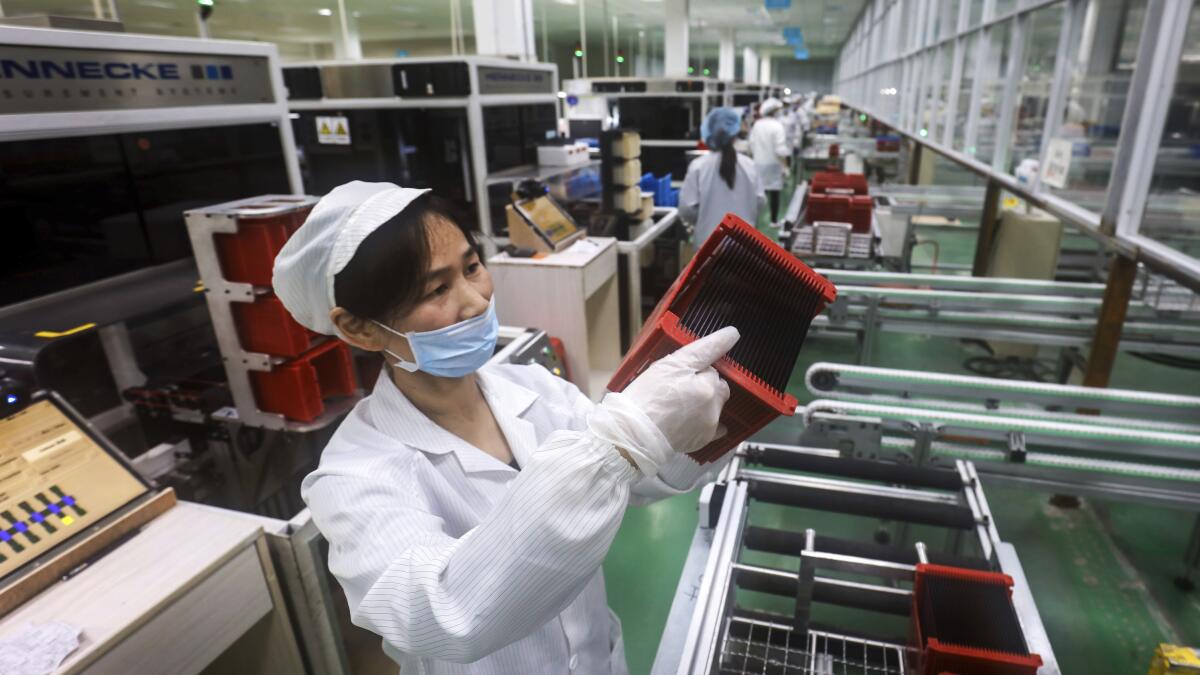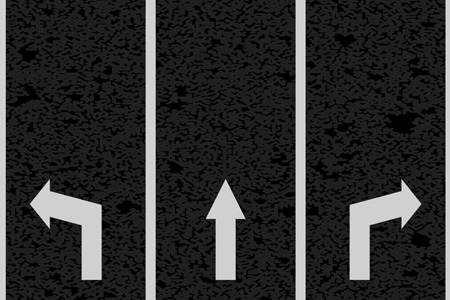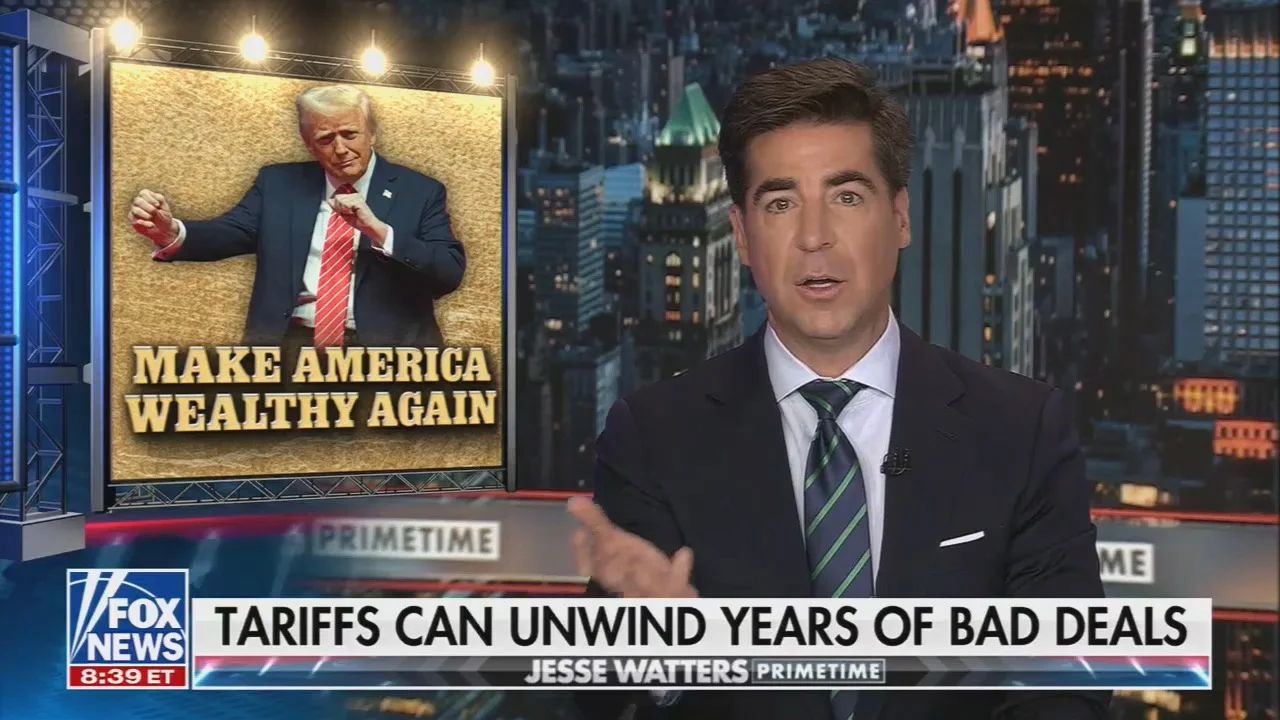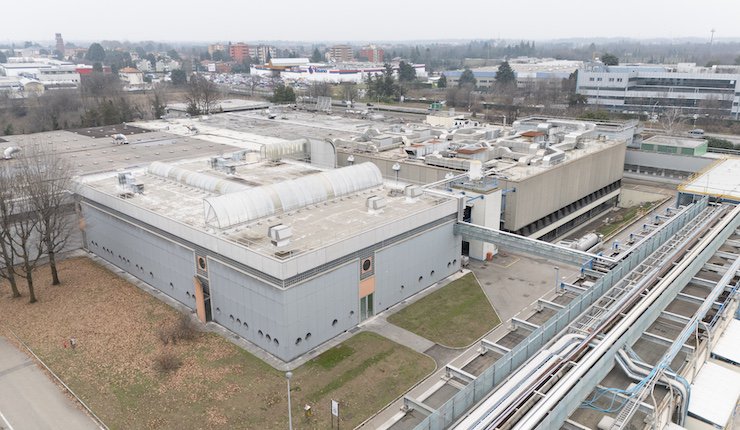Beyond Borders: How Trump's Trade War Rewrote the Manufacturing Playbook in Asia
Manufacturing
2025-04-01 10:00:12Content

In the high-stakes game of international trade, Chinese manufacturers are becoming increasingly creative in their efforts to sidestep the tariff barriers erected by the Trump administration. As the trade war continues to escalate, these companies are deploying sophisticated strategies to minimize the financial impact of punitive trade measures.
Facing mounting pressure from U.S. trade policies, Chinese manufacturers are exploring innovative workarounds. Some are rerouting production to neighboring countries, while others are meticulously restructuring their supply chains to circumvent direct tariff exposure. The result is a complex chess match of global commerce, where every move is calculated to maintain competitive advantage.
The ingenuity of these manufacturers is remarkable. They're not simply accepting the status quo, but actively adapting to the challenging economic landscape. By establishing production facilities in countries like Vietnam, Malaysia, and Cambodia, they're creating buffer zones that allow them to continue serving international markets with minimal additional cost.
This cat-and-mouse game highlights the intricate and dynamic nature of global trade in an era of increasing protectionism. As tariffs threaten to reshape international economic relationships, Chinese manufacturers are proving to be remarkably resilient and resourceful in their pursuit of continued global market access.
Global Trade Warfare: The Cunning Strategies of Manufacturers Evading Tariff Traps
In the complex landscape of international commerce, manufacturers are engaging in an intricate chess game of economic survival, strategically maneuvering around punitive trade barriers that threaten their global competitiveness and economic sustainability.Navigating the Treacherous Waters of International Trade Tensions
The Evolving Tariff Landscape
The contemporary global trade environment has transformed into a battlefield where economic policies become weapons of strategic manipulation. Manufacturers, particularly those in China, have developed sophisticated mechanisms to circumvent increasingly restrictive trade regulations. These strategies extend far beyond traditional methods, involving complex supply chain reconfigurations, strategic relocation of production facilities, and innovative legal interpretations of international trade agreements. Multinational corporations are now investing unprecedented resources in developing adaptive business models that can rapidly respond to shifting geopolitical dynamics. By creating intricate networks of subsidiaries and establishing manufacturing bases in alternative jurisdictions, these companies are effectively creating economic firewalls against potential tariff implementations.Manufacturing Resilience and Strategic Adaptation
Chinese manufacturers have demonstrated remarkable ingenuity in developing alternative pathways to maintain their global market presence. Their approaches include establishing production facilities in countries with more favorable trade relationships, restructuring product classifications to exploit regulatory loopholes, and developing hybrid manufacturing strategies that distribute production risks across multiple geographical regions. The technological sophistication of these adaptation strategies reveals a profound understanding of international trade mechanisms. Companies are leveraging advanced data analytics, artificial intelligence, and complex algorithmic modeling to predict potential trade barriers and preemptively design mitigation strategies.Economic and Geopolitical Implications
The ongoing trade tensions represent more than mere economic skirmishes; they symbolize a fundamental restructuring of global economic relationships. Manufacturers are no longer passive participants but active architects of their economic destinies. By developing flexible, resilient business models, they are challenging traditional notions of national economic boundaries and demonstrating the transformative power of strategic innovation. These adaptive strategies have far-reaching consequences, potentially reshaping global supply chains, influencing diplomatic negotiations, and creating new paradigms of international economic engagement. The manufacturers' responses to tariff threats are not just economic maneuvers but sophisticated geopolitical statements that challenge existing power structures.Technological Innovation as a Competitive Advantage
Cutting-edge technological capabilities have emerged as a critical differentiator in navigating complex trade environments. Manufacturers are investing heavily in research and development, creating products and production methodologies that transcend traditional trade barrier limitations. Advanced manufacturing technologies, including robotics, artificial intelligence, and precision engineering, are enabling companies to rapidly reconfigure production processes. This technological agility allows them to swiftly respond to changing regulatory landscapes, effectively turning potential economic constraints into opportunities for innovation and growth.Future Outlook and Strategic Considerations
As global trade dynamics continue to evolve, manufacturers must remain adaptable, technologically sophisticated, and strategically nuanced. The ability to anticipate, interpret, and proactively respond to complex regulatory environments will increasingly define economic success in an interconnected global marketplace. The ongoing narrative of international trade is no longer about simple economic transactions but represents a complex, dynamic ecosystem where innovation, strategy, and technological prowess converge to create new economic realities.RELATED NEWS
Manufacturing

Monoclonal Antibody Manufacturing: The Inside Scoop on Winning Strategies
2025-03-19 00:00:00
Manufacturing

Small Business Boost: SBA's Bold Plan to Supercharge Manufacturing Funding
2025-03-11 21:05:01






